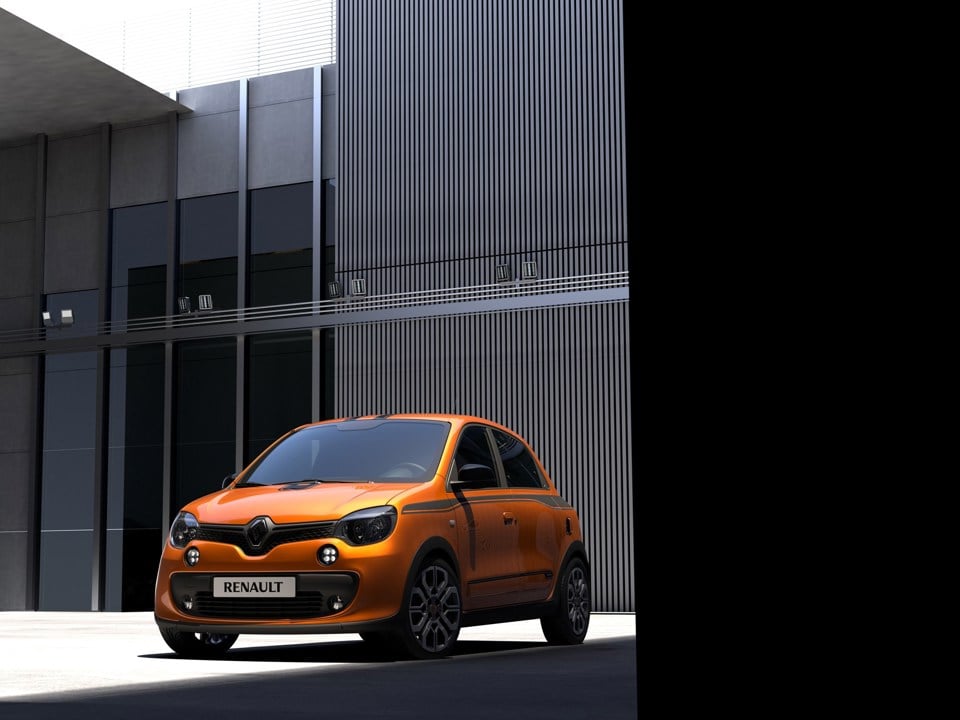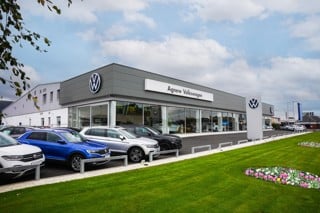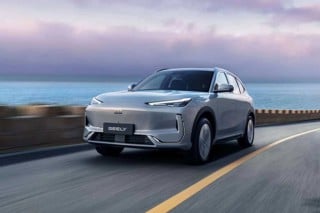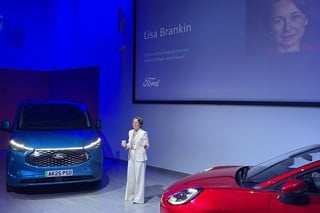Europe’s heavyweight manufacturing groups are battling to put small cars back in the spotlight.
At last week’s Financial Times Future of the Car summit, leaders from Renault and Stellantis - two of Europe’s most influential automotive manufacturing groups repeated calls for a radical rethink of the industry’s direction.
Luca de Meo, CEO of Renault Group, and John Elkann, chairman of Stellantis, warned that increasingly burdensome regulations and vehicle design trends are pushing small, affordable cars toward obsolescence.
De Meo has long held the view that cars have become too heavy and too complex - regardless of whether they run on petrol or electricity and that Europe needs a new regulatory approach that looks beyond just tailpipe emissions and considers the full lifecycle impact of a vehicle.
Stringent crash safety requirements, emissions targets, and the demands of battery packaging in electric vehicles has made building small, efficient cars either prohibitively expensive or unprofitable.
This has resulted in a surge in SUV production - vehicles often larger than consumers need - and a worrying decline in accessible, practical alternatives.
For Denis Le Vot, CEO of Dacia - Renault’s no-frills sub-brand - this moment presents an opportunity.
Le Vot told CAR magazine at the summit. “‘Regulations have been pushing us to a point to where affordable mobility doesn’t exist anymore. We are having to press all of the buttons at the same time; ‘I want my CO2 down. I want my security. I want my GSR2. I want my EuroNCAP stars. I want my recyclability.’
“Put all these together and it becomes impossible to get this all down to a decent price, particularly for a four-metre-or-less car.’
Dacia has gone against the SUV industry trend, focusing on delivering affordable, pared-back vehicles rather than chasing high-tech features and five-star EuroNCAP crash ratings.
While that has earned the brand some criticism - the current Duster and Spring models scored just three and one star respectively - Le Vot insists the strategy is sound. “We have made a choice; we don’t like to take bets on the passive safety, but we make choices on active safety.”
Le Vot’s argument is pragmatic: a new Dacia model may only earn three stars, but it still outperforms the 10-year-old hatchback it likely replaces in terms of emissions, safety, and efficiency.
De Meo - who also serves as the president of the European Automobile Manufacturers' Association (ACEA) - and Stellantis' Elkann have led the charge against what they describe as “inflexible” EU Corporate Average Fuel Economy (CAFE) regulations.
Le Vot agrees, arguing that focusing solely on tailpipe emissions fails to consider the entire environmental footprint of a vehicle - including the electricity source for EVs or the embedded carbon emissions in manufacturing production.
“CAFE requirements mostly concentrate on the exhaust pipe and the CO2 emission at that moment. But the life cycle assessment can give very different results; Look at an electric car in Poland with 100% coal-originated electricity compared with something like a Bigster hybrid somewhere else, for example.’
Renault is already developing the next-generation Twingo - a small, affordable EV that will be accompanied by a new Dacia variant - and the car maker hopes these efforts will catalyse a broader shift in policy and industry thinking.
Renault last week confirmed it will re-launch the Twingo in the UK next year, with pricing set to start at around £17,000 to rival the Citroen e-C3 and Dacia Spring. Volkswagen is also working to introduce affordable small battery-electric cars, aiming for a price below €20,000, by 2027.
‘A big step is to not have the punishment, but the necessity to do a better job and win competitiveness by investing in more than one technology,’ De Meo said at the Future of the Car summit. ‘The principle of technological neutrality has underpinned every regulation since forever - except for cars.’
According to Le Vot, European manufacturers are optimistic with the European Commission’s first set of legislations being received as a positive starting point and De Meo’s suggestion of a lifecycle overview being actively considered.




















Login to comment
Comments
No comments have been made yet.